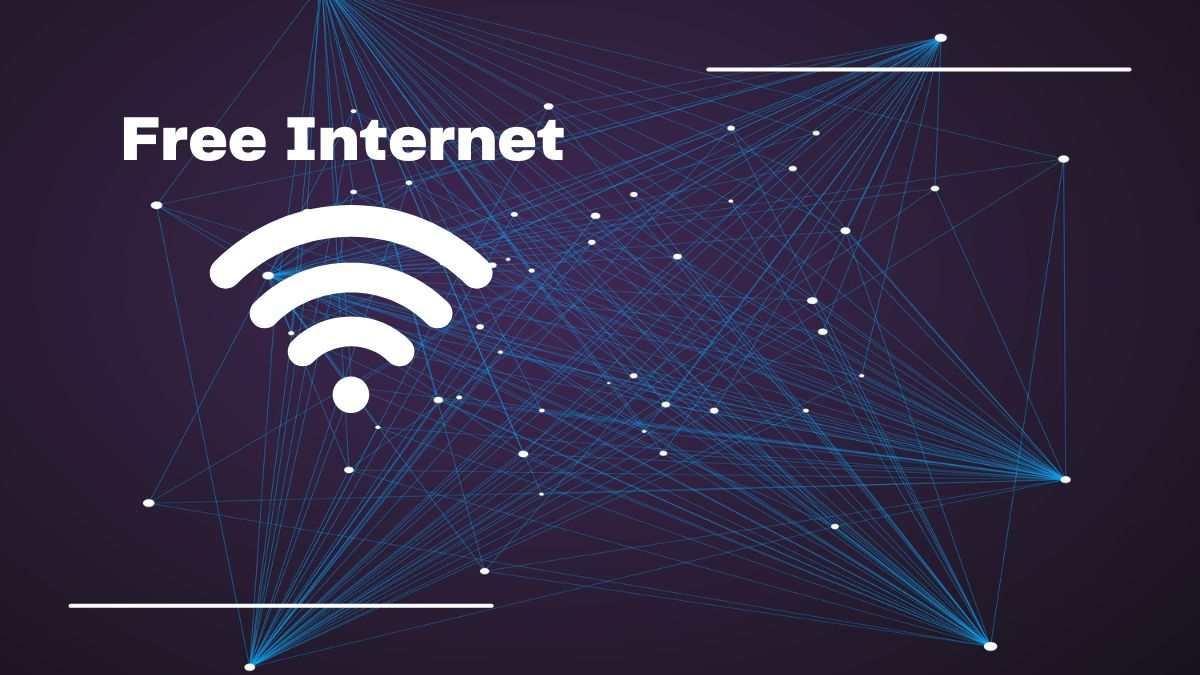There are many different aspects to consider when writing about the concept of free internet. Here are a few potential angles that you could take: The history and evolution of the internet: The internet has come a long way since its inception in the 1960s, and understanding its history can provide context for discussions about access and ownership.

The importance of internet access: In today’s world, the internet is an essential tool for communication, education, and commerce. Discussing the importance of internet access and the ways in which it can benefit individuals and society as a whole can be a key component of an article about free internet.
The challenges of providing free internet: While the idea of free internet may seem appealing, there are many challenges to overcome in order to make it a reality. These could include issues related to infrastructure, funding, and regulation.
The role of governments and organizations in promoting free internet: Governments and organizations around the world have taken various approaches to promote internet access for all. From community-based initiatives to large-scale national programs, there are many different ways in which free internet can be promoted and supported.
The debate over net neutrality: Net neutrality is the principle that all internet traffic should be treated equally, without any discrimination or preference given to certain types of content or services. This is a controversial topic, with some arguing that net neutrality is necessary to ensure a level playing field for all internet users, while others believe that it is an unnecessary burden on internet service providers.
The potential downsides of free internet: While free internet has the potential to bring many benefits, there are also potential downsides to consider. For example, there may be concerns about privacy, security, and the impact on small businesses if internet access is provided for free
Free internet is a term that refers to internet services that are provided without any monetary cost to the user. While it may seem like a dream come true for many people, there are a few key things to consider when evaluating the pros and cons of free internet.
One of the main advantages of free internet is that it is accessible to anyone, regardless of their financial situation. This means that people who may not be able to afford paid internet services can still get online and access the wealth of information and resources available on the internet. This is particularly important for students and low-income individuals who may not have the means to pay for expensive internet packages.
Another advantage of free internet is that it is often provided in public places, such as libraries, cafes, and parks. This means that people who do not have internet access at home can still get online and connect with others, check their email, and access the internet for research or other purposes.
However, there are also a few drawbacks to free internet. One of the main drawbacks is that the quality of the service may not be as good as paid internet services. This is because free internet is often provided through shared networks, which can be slower and less reliable than dedicated internet connections.
Additionally, free internet services may also come with certain restrictions, such as limits on data usage or access to certain websites. This can be frustrating for users who want to use the internet for more than just basic tasks.
In conclusion, free internet can be a great resource for people who cannot afford paid internet services, but it is important to consider the potential drawbacks and limitations when evaluating whether or not it is the right option for you.







